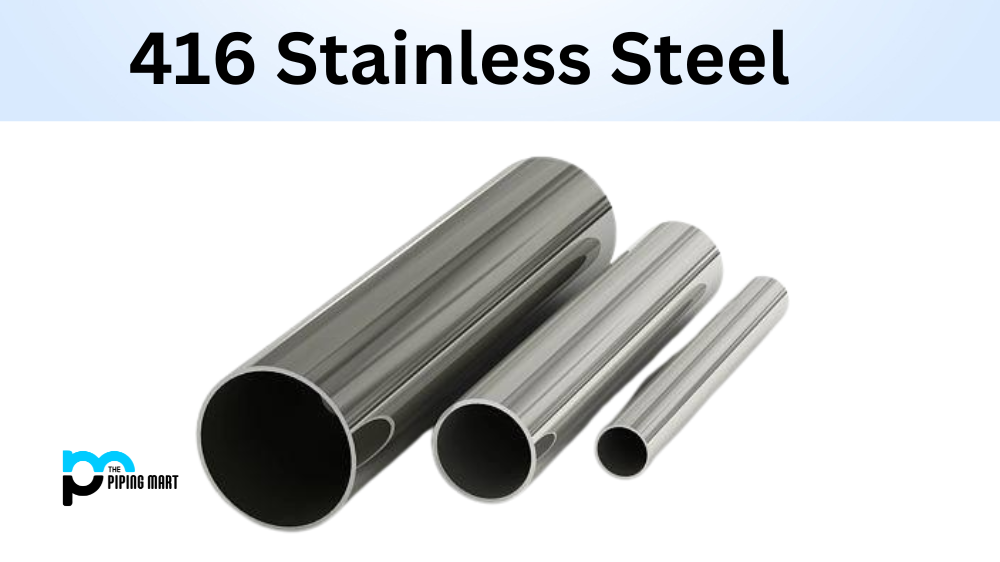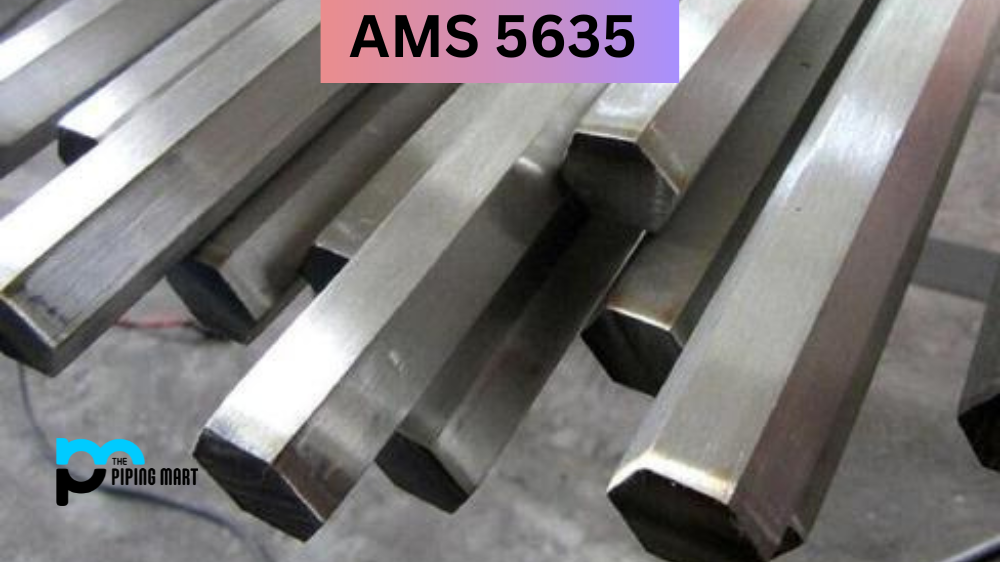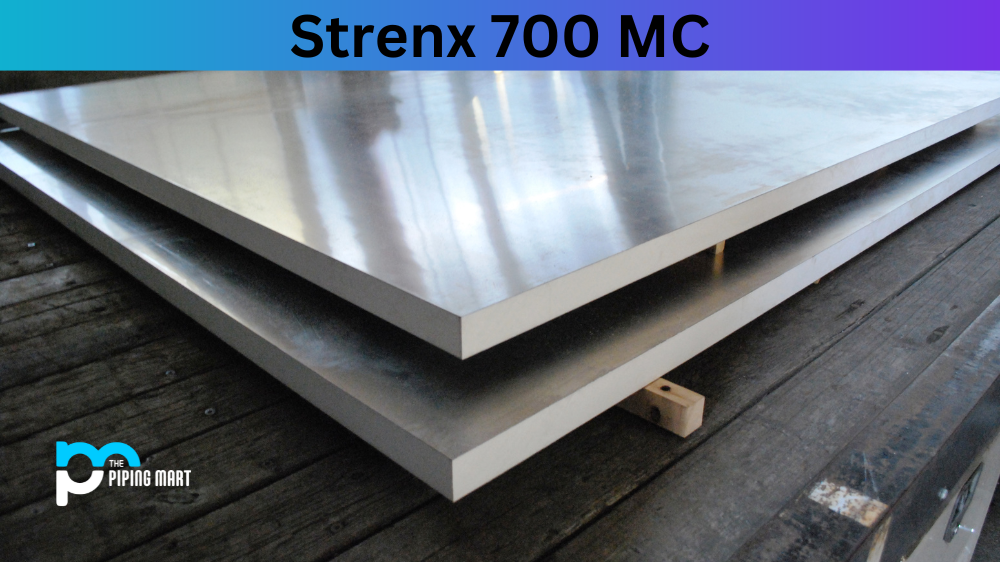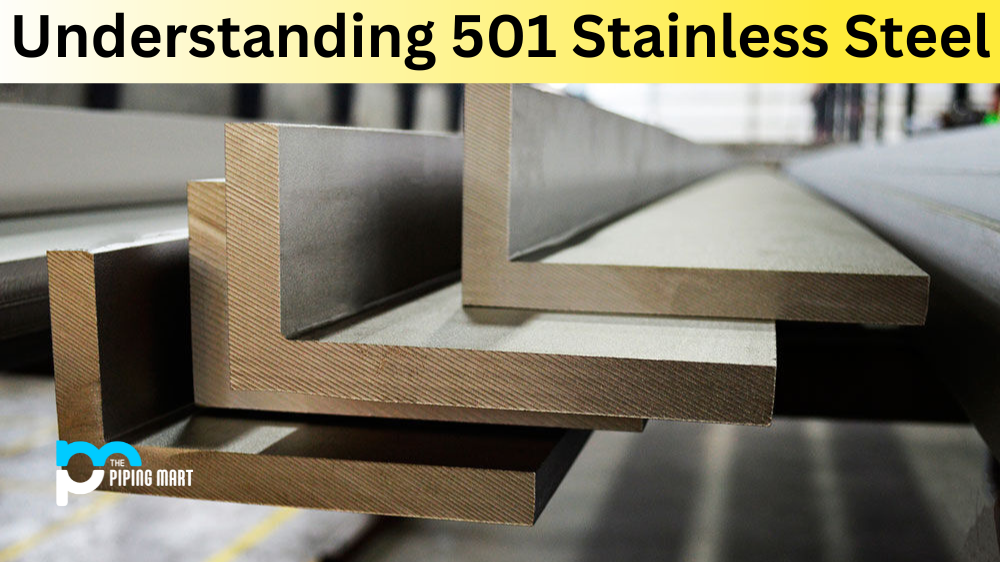Stainless steel grade 416 is a martensitic, free-machining stainless steel frequently used for automotive and aerospace applications. Its excellent machinability and superior corrosion resistance make it an ideal choice for various industrial applications. In this guide, we’ll be taking a closer look at the uses, chemical properties, mechanical properties, heat treatment, welding, and machining of the stainless steel grade 416.
What is Stainless Steel 416?
Grade 416 steel is a free-machining stainless steel with a machinability of 85%, the highest of all stainless steel. With most of the free-machining stainless steels, adding sulfur can improve the machinability, leading to manganese sulfide inclusions. The addition of sulfur also reduces the formability, weldability, and corrosion resistance of 416 steel to below that of grade 410. Because of their high machinability and low cost, grade 416 steel is available in highly tempered, hardened, or unhardened forms.
What Forms is Stainless Steel 416 Available at Piping Mart?
- Stainless Steel 416 Fasteners
- Stainless Steel 416 Nuts
- Stainless Steel 416 Screw
- Stainless Steel 416 Washer
- Stainless Steel 416 Round Pipes
- Stainless Steel 416 Welded Pipes
- Stainless Steel 416 Seamless Pipes
- Stainless Steel 416 Pipes
- Stainless Steel 416 Tubes
- Stainless Steel 416 Bolts
416 Stainless Steel Chemical Composition
AISI 416 has an elemental composition of 16-18% chromium (Cr), 12-14% manganese (Mn), 0.15%-0.6% carbon (C), 0.06%-0.15% silicon (Si), 1%-1.5% molybdenum (Mo) and 0.2%-0.8% nickel (Ni). It also contains trace amounts of phosphorus (P) and sulfur (S).
| Grade | C | Mn | Si | P | S | Cr | Mo | |
| 416 | min. Max. |
–
0.15 |
–
1.25 |
–
1 |
–
0.06 |
0.15
– |
12
14 |
–
0.6 |
416 Stainless Steel Physical Properties
The physical properties of SS416 also contribute to its overall performance. This steel has a 7.74 g/cm3 density and a melting point of 1450° C. It is excellent at conducting heat but has less conductivity for electricity than other metals, such as copper or aluminium.
|
Grade |
Density (kg/m3) |
Elastic Modulus (GPa) |
Mean Coefficient of Thermal Expansion |
Thermal Conductivity |
Specific Heat 0-100°C |
Electrical Resistivity (nΩ.m) |
|||
|
0-100°C |
0-315°C |
0-538°C |
at 100°C |
at 500°C |
|||||
|
416 |
7800 |
200 |
9.9 |
11 |
11.5 |
24.9 |
28.7 |
460 |
570 |
Alloy 416 SS Mechanical Properties
DUE TO ITS LOWER CARBON CONTENT, UNS S41600 has good strength characteristics but is not as strong as other 400 series stainless steels, such as 410 or 430. Its tensile strength ranges from 490MPa to 630MPa, while its yield strength ranges from 250MPa to 375MPa, depending on the tempering temperature used during fabrication. Besides having good ductility properties, 1.4005 exhibits good formability and weldability, making it suitable for various industrial applications requiring these characteristics, such as valves or fasteners where tighter tolerances are required for higher performance requirements.
| Tempering Temperature (°C) | Tensile Strength (MPa) | Yield Strength 0.2% Proof (MPa) |
Elongation (% in 50mm) |
Hardness Brinell (HB) |
Impact Charpy V (J) |
| Annealed * | 517 | 275 | 30 | 262 | – |
| Condition T ** | 758 | 586 | 18 | 248-302 | – |
| 204 | 1340 | 1050 | 11 | 388 | 20 |
| 316 | 1350 | 1060 | 12 | 388 | 22 |
| 427 | 1405 | 1110 | 11 | 401 | # |
| 538 | 1000 | 795 | 13 | 321 | # |
| 593 | 840 | 705 | 19 | 248 | 27 |
| 650 | 796 | 670 | 17.5 | 253 | 38 |
416 Stainless Steel Equivalent
| EU EN |
USA – |
France AFNOR |
England BS |
Sweden SS |
||||
| X12CrS13 (1.4005) |
|
|
|
|
UNS S41600 Stainless Steel Uses
The superior machinability and corrosion resistance of SS 416 Material makes it ideal for various industries. It’s often used in the automotive and aerospace industry as well as medical and food processing equipment, valves, pumps, fasteners, and marine hardware.
Stainless Steel 416 Specifications
UNS S41600
Type 416 Ann Bar (Flat, Hex, Round, Square)
AMS 5610 T-2 Bar (free machining)
ASTM A 484 / ASME SA484
ASTM A 582 /ASME SA582
MIL W 52263
QQ S 763C
QQ S 764
AISI 416
Type 416 HT Bar (Round, Hex)
ASTM A 484 / ASME SA484
ASTM A 582 Cond T /ASME SA582
EMS 537
MIL W 52263
QQ S 763C Cond H
QQ S 764 Cond T
BS 970; 416S29 / 416S37 / 416S41
BS 970; 416S21
EN56AM/ EN56BM / EN56CM
WS 1.4005
AFNOR Z12CF13
Grade 416 Stainless Steel Corrosion Resistance
Due to its high chromium content, Grade 416 offers good corrosion resistance in many environments, including mild acid solutions like vinegar or citric acid solutions, without any significant pitting or crevice corrosion issues, unlike some other ferritic grades such as 409, which can suffer from this issue if exposed to these conditions over extended periods.
SS416 Heat Resistance
UNS S41600 has good oxidation resistance up to around 800˚C but should not be exposed to temperatures above 870˚C due to the risk of embrittlement or loss of strength at these temperatures.
416 Stainless Steel Heat Treatment
Alloy 416 can be hardened by quenching in the air followed by tempering between 200˚C – 650˚C depending on the required mechanical strength & wear resistance desired. Welding: Alloy 416 can be welded using all conventional welding methods except oxyacetylene welding, which should be avoided due to the potential risk of cracking/brittleness due to the high hardness caused by the rapid cooling rate associated with this type of welding.
416 SS Machining
Due to its excellent machinability, SS S41600 can easily be machined using all conventional machining processes such as turning, milling, drilling, etc. However, care should always be taken when dealing with high-hardness materials like this one since they tend to require more cutting force & tool wear compared with softer materials.
Conclusion
416 Stainless Steel is an excellent choice for many industrial applications. Its superior machinability & corrosion resistance make it suitable for automotive/aerospace components, food processing equipment, valves & pumps, etc. It features good formability & weldability, although caution must always be taken when dealing with high-hardness materials like grade due to their tendency towards increased tool wear & cutting forces. Proper heat treatment can enhance mechanical properties, while proper selection & maintenance of cutting tools will ensure maximum life span & performance. Following these guidelines’ll maximise your investment in this versatile material!

Pipingmart is a B2B portal that specializes in metal, industrial and piping items. Additionally, we share the latest information and information about materials, products and various types of grades to assist businesses that are involved in this business.




